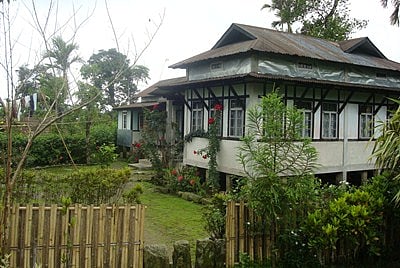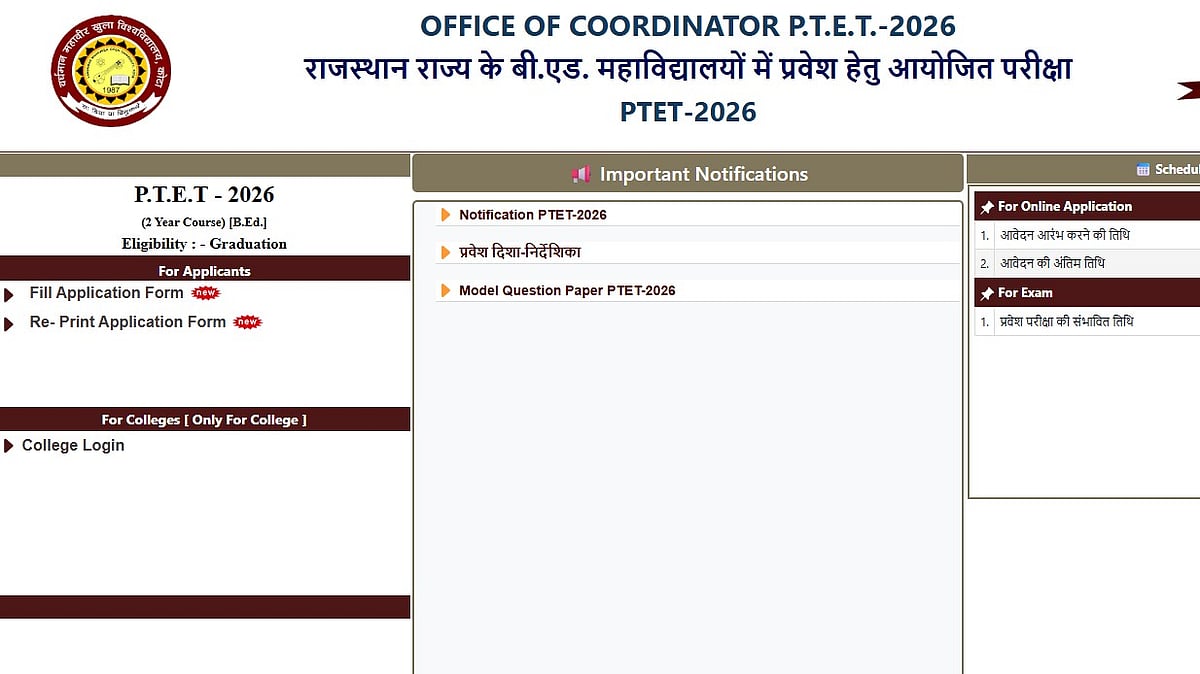AMARJYOTI BORAH travels to Mawlynnong, a village located in Meghalaya and tells us why it was declared India’s cleanest village.
Ever wondered, a small village tucked in a remote corner of the country’s North East will be an example to the world in terms of cleanliness. To experience this one needs to come to Mawlynnong, a village located in Meghalaya, and see how this village of about 100 households strives everyday to keep the village clean and green.
Mawlynnong, which was almost unknown to the rest of the world till 2003 as a result of poor connectivity shot into fame that year when it was named the cleanest village in the country. Rishot Khongthohrem, a 51 year old school teacher who teaches at the CNI LP- Mawlynnong School in the village said that he was never aware that the villagers’ effort to promote cleanliness would usher in fame to the village, as well as economic benefits.
The leading travel magazine, Discover India, that year had named the village the cleanest village in India, and
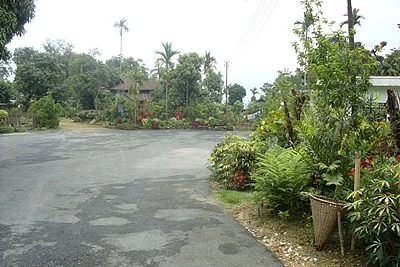
immediately after that the village had shot into fame and also become a hotspot for both foreign and domestic tourists. In 2005 the same magazine after another research had named it the cleanest village in Asia.
The editor of the magazine Vivek Pareek said that a writer who has reported on rural India for more than a decade, and had travelled extensively across the country was associated with this task, and he had done the survey with the help of volunteer organizations. The Union ministry of Drinking Water and Sanitation mentions that Mawlynnong is a model to showcase how collective effort can elevate a village to position itself on the tourism map by promoting eco-tourism.
The ministry also lauds the village as a success story, as the two schools in the village have durable, and clean toilets and drinking water with tanks, which is something very rare in village schools in the country. “Mawlynnong is a complete success story, and this has been achieved through teamwork among the villagers in the village,” said Tapan
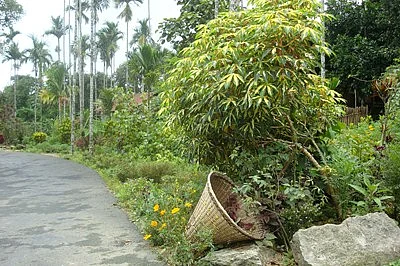
Kumar Das, an official associated with the ministry.
Rishot Khongthohrem also added that literacy is one of the reasons behind this unique success story – the village has cent per cent literacy. According to the tourism department, the village has become a major tourism destination in the region and during the peak season on an average at least a hundred tourist visits the village every day.
Meghalaya chief minister Mukul Sangma says that the village has shown the world what team work and awareness can do, and has also sought cooperation from everyone in maintaining healthy environment. Thomlin Khongthohrem, the village headman pointed out that earlier the lone source of income for these villagers was cultivation, but after the spurt in tourism several revenue earning venues have also come up which includes – home-stays and guest house, restaurants, opportunity to earn money as guide for the tourists etc.
The love for cleanliness keeps all the villagers — right from the village elders to the children busy throughout the day, and the day starts with the village women sweeping the roads early in the morning. The villagers have also devised methods to keep their village clean and this has been remarkably successful.
The villagers have formed a committee comprising of the headman and 10 members to take care of maintaining cleanliness, drinking water and sanitation, and this committee keeps a check on each and every aspect of the life in the village. “This committee is like a guiding force in the village, and the important decisions related to the village are routed through this committee,” said the village headman.
For keeping the village clean and for the collection of waste from dustbins from households, the village council engages workers – two men and five women on a daily basis. “Children in the village are taught about cleanliness from a very young age, and at school the teachers makes it a point to teach the students about cleanliness. Besides this they are also encouraged to take part in cleaning activities both at home and outside,” said Rishot Khongthohrem.
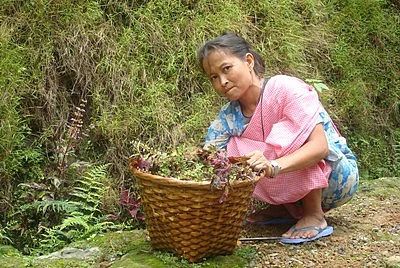
A dustbin made out of bamboo is found all along the village, and everyone makes it a point that dirt and waste are not thrown everywhere. “All the waste from the dustbin is collected and kept in a pit, which the villagers use as manure,” said Kharrvmba.
Rishot Khongthohrem pointed out that there is an old story associated with the cleanliness habit of these villagers. “Around 1887-88 there was a major plague in the village and the villagers then being very ignorant thought that it was as a result of evil spirits and they were very frightened. Around that time some missionaries had landed up here and they explained that it has nothing to do with evil spirits and advised all the villagers to maintain cleanliness in the village,” said Rishot Khongthohrem.
